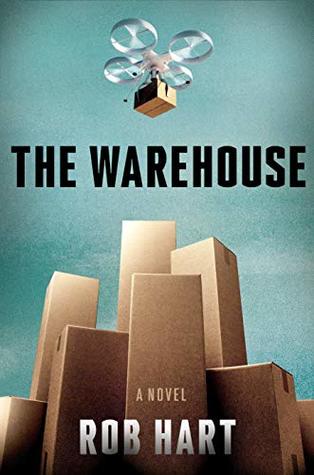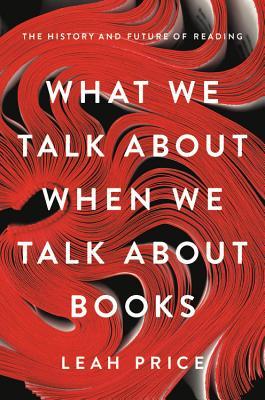The Edgar Awards Revisited: The Suspect by L. R. Wright (Best Novel; 1986)
The Edgar Awards Revisited, a series in Criminal Element, looks back at award winners not only in their own right, as outstanding novels, but as representative of the their time.
In fact, looking back on 1986, The Suspect may have been the least progressive choice, thematically or structurally, for the Edgar that year, its whydunnit format notwithstanding. Simon Brett’s A Shock To The System features a similar format but, as the British precursor to Bret Easton Ellis’ American Psycho, was perhaps considered as outre as its fellow nominee, Paul Auster’s metaphysical detective story, City Of Glass.
10 GREAT BOOKS THAT DEFY ALL GENRE LABELS

Rob Hart, author of the recently released novel The Warehouse, writes:
Recently I heard a pretty good explanation of the difference between a mystery and a thriller. A mystery is about what happened, and a thriller is about what’s going to happen.
But beyond that distinction, how do librarians and publishing professionals decide into which of many, many inter-related categories a given novel should be slotted? Readers of literary criticism know that the distinction between “literary fiction”—the high-brow, highfalutin stuff—and “mere genre fiction”—the low-brow, inferior stuff most of us love—is a perennial topic of discussion. But Hart here proclaims, “I really am a fan of mixing genres.” He offers a list of books that do just that: “I don’t know exactly what to call, other than very good books.”
On the Growing Influence of Barack Obama, Literary Tastemaker
While we may not be seeing an Obama book club any time soon, the former president provides a rare male voice in a largely female-dominated literary space helmed by the likes of Oprah [Winfrey] and Reese Witherspoon. Covering a wide range of genres, topics and authors, Obama’s recommendations certainly aren’t aimed specifically at male readers, but his voice has helped redefine a literary space often associated — however problematically — with a stereotypically “feminine” vision perhaps best embodied by Witherspoon’s Hello Sunshine book club.
Says Kayla Kibbe, “Obama’s book recommendations read less like an endorsement from a former world leader than a conversation with a close friend who would gladly lend you their own paperback.”
Reading in a Boom Time of Biographical Fiction
Biographer, poet, critic, and novelist Jay Parini addresses the rise of historical fiction over “the last few decades.”
A student of mine recently said to me in frustration: “I just can’t get interested in ‘made-up’ lives.” And I must admit, my own tastes have shifted over the decades away from invented lives. I think I speak for many when I say that it’s biographical novels—which are centered on actual lives and circumstances—that have found a more secure place in my reading (and writing) life.
And here’s why:
Fiction offers the one and only way we have to get into the head of somebody not ourselves. If this person is someone of interest for one reason or another, there is all the more reason to want to know them and their world more deeply.
And there is a truthfulness in fiction that is simply unavailable to the academic biographer.
Recalling a Time When Books Could Give You Indigestion

Jennifer Szalai discusses What We Talk About When We Talk About Books by Leah Price, an English professor at Rutgers University. The book is not so much about literary history or literary criticism as about the book as physical object and the experience of reading.
The knot of ambivalence contained in this book is appropriate, considering that her subject — “the history and future of reading” — is too enormous and various to speak with a single voice. Recalling an injury that a number of years ago made it hard for Price to read, she says her story “has that most bookish of structures, a happy ending.” This is Price the Book Historian talking; Price the Literary Critic seems to have a different and darker take. Later, reflecting on the desire to see fiction as therapeutic, she wonders how we might prepare for “that most literary of endings, an unhappy one.”
© 2019 by Mary Daniels Brown

